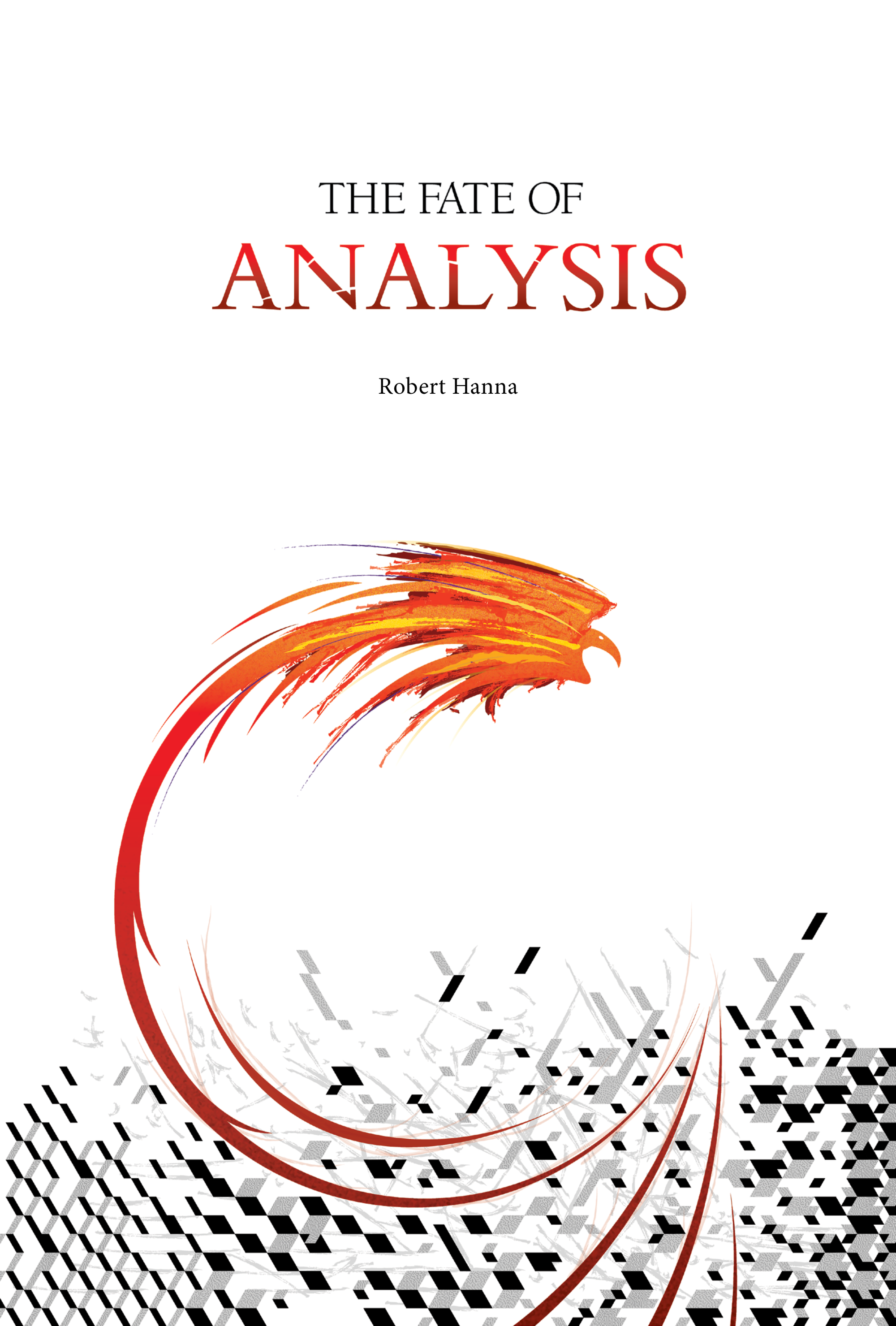EPISTEMOLOGY: 1. the theory of knowledge; 2. standardly, narrowly, and inadequately, the theory of the justification of rational human (true) belief and of replies to skepticism about knowledge-claims and/or justification; 3. non-standardly, broadly, and adequately, the theory of human or non-human animal cognition.
*Controversy: To the extent that epistemology is non-standardly, broadly, and adequately defined as the theory of human or non-human animal cognition, then this characterization rejects the standard definition of “epistemology” that narrowly and inadequately restricts epistemology to the theory of the justification of rational human (true) belief and of replies to skepticism about knowledge-claims and/or justification.
See also the entries on “cognition,” “intentionality,” and “knowledge.”*

If you feel so inclined, please feel free to show your support for Robert via his Patron page (https://www.patreon.com/philosophywithoutborders) or purchase his recently published book, The Fate of Analysis (2021).

The Fate of Analysis (2021)
Robert Hanna’s twelfth book, The Fate of Analysis, is a comprehensive revisionist study of Analytic philosophy from the early 1880s to the present, with special attention paid to Wittgenstein’s work and the parallels and overlaps between the Analytic and Phenomenological traditions.
By means of a synoptic overview of European and Anglo-American philosophy since the 1880s—including accessible, clear, and critical descriptions of the works and influence of, among others, Gottlob Frege, G.E. Moore, Bertrand Russell, Alexius Meinong, Franz Brentano, Edmund Husserl, The Vienna Circle, W.V.O. Quine, Saul Kripke, Wilfrid Sellars, John McDowell, and Robert Brandom, and, particularly, Ludwig Wittgenstein—The Fate of Analysis critically examines and evaluates modern philosophy over the last 140 years.
In addition to its critical analyses of the Analytic tradition and of professional academic philosophy more generally, The Fate of Analysis also presents a thought-provoking, forward-looking, and positive picture of the philosophy of the future from a radical Kantian point of view.







